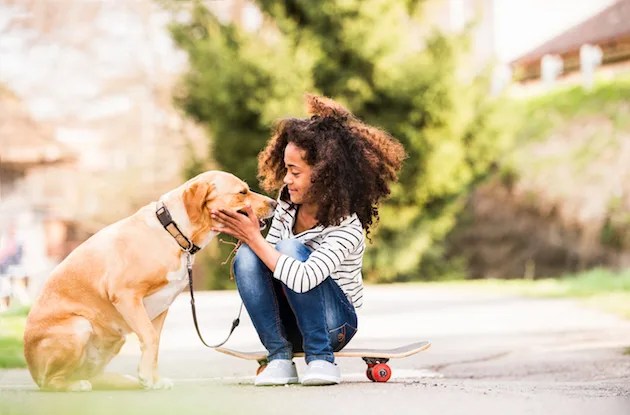1. Evaluate your child honestly.
Levine says most parents know their child well enough to realize if a play date will be smooth sailing or not, but “part of the problem is that parents don’t always want to know.” If you reach out to other parents and are constantly turned down, or if you know your child has trouble in social settings, it’s time to help your child.
2. Find a good personality match.
The most important element to planning a successful play date is “knowing the players,” Levine says. “I don’t recommend parents getting two kids with similar issues together if they can’t manage it, but if the parent can do conflict resolution on the spot, it can be a good learning experience for the kids.” In general, Levine suggests pairing complementary personalities. She emphasizes that all children can learn from one another, and that children with special needs can help other children learn new skills and build up frustration tolerance.
3. Preview the play date.
Playing is not natural for all kids. Practice a play date before the real get-together. Go over asking for things in a friendly voice, how to say goodbye. Model the behavior you’d like your child to learn, and feel free to feed your child specific language. Pay special attention to transitions. Levine suggests literally walking through the play date: first school, then the bus, then a snack, then playtime…and so on. “Plant the seeds ahead of time,” Levine says, “so your child is not blindsided.” (Visit nyspecialparent.com/play for help with pretend play for children on the autism spectrum.)
4. Create nonverbal cues.
No matter how well you prepare your child, a situation may arise where you need to remind him or her to calm down. Levine suggests having nonverbal visual cues for these occasions, so your child isn’t embarrassed. Levine points to her own nose to remind children about breathing exercises when they get frustrated. “I point to my nose and it means: Take a step away, collect yourself, breathe.” If the play date is happening at a friend’s house and you won’t be present, consult with the adult in charge beforehand and clue them in to the cues. Then let your child know that the other adult is there to help them.
5. Conclude positively.
“Play dates are motivators for kids,” Levine says. If one goes well, it can alleviate social anxiety and encourage positive interactions in the future. After the play date, be sure to compliment your child if it went well, and encourage her to reflect on the good time she had. “If you can have kids connect the dots themselves,” Levine says, “it helps them remember for next time.” |















